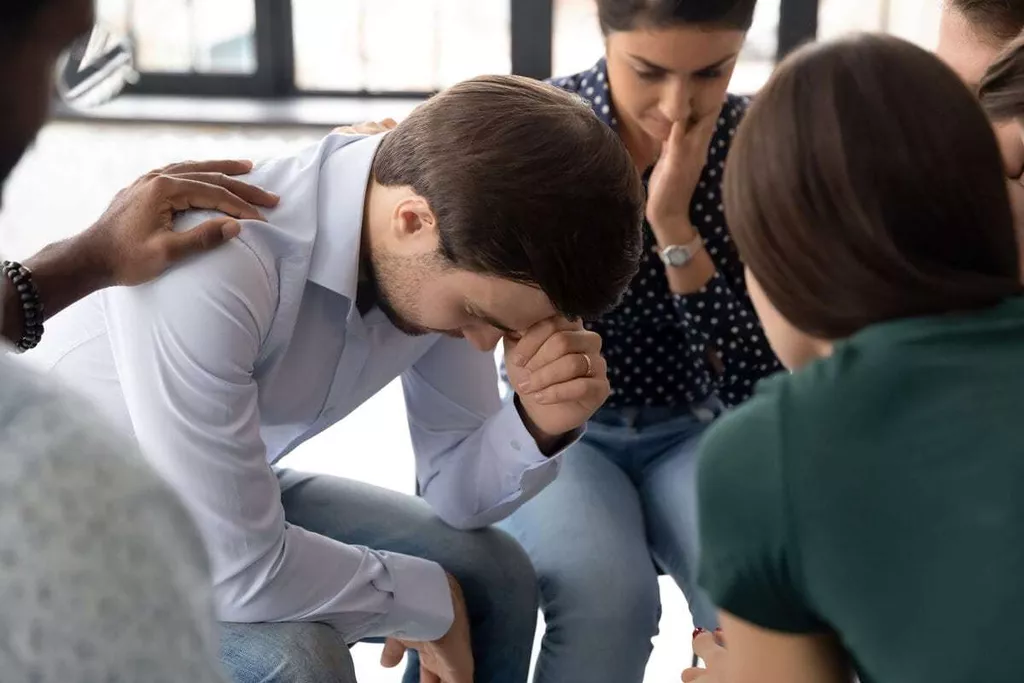Content
And those 42 days, you can learn a lot about yourself. And, you know, I think it was like 80, or 70% of people who did a 30-day challenge and went through and actually, they said that they continued to have conscious drinking for up to like a year afterwards. So it really changes the way that you see drinking, and you realize, I don’t have to drink and all these social changes. It’s not necessarily this emotional thing, you know, where Oh, I’m always drinking, because I’m feeling this certain way. It’s like, sometimes it’s just as automatic as brushing your teeth. Yeah, I just, I thought about my own journey.
Like, I’ll tell people all the time, you know, I was I think I had over three years sobriety before I ever tried my first nonalcoholic beer. And I thought about it for a little while first. And it really was not a triggering experience at all it really, if anything, it’s kind of took away some of that FOMO that I still had a lot of even when https://ecosoberhouse.com/article/what-happens-when-you-stop-drinking-alcohol/ I was out with friends, right? You know, but we have that whole spotlight effect of like, everyone’s gonna know, we’re not drinking or I’m so uncomfortable going to this event. It’s one of the things that I you know; I talk about a lot in the sober club is this whole idea of needing to step into this new identity of who you really are.
Lifestyle
This episode is about the dry life and specifically choosing a lifestyle, not a label. My guest today is Kayla Lyons, who is the 28-year-old founder of 1000 hours dry and the host of The Dry Life podcast. She stopped drinking at 23 years old, which is incredibly young. And she wrote a great book called embracing anxiety. And she talks about anxiety, as I forget her expression, she has a fabulous expression to describe it, which I can’t remember.

And then, you know, in the 1970s, the anti-tobacco movement happened and, you know, it took a while it didn’t just happen overnight. But you know, after a decade or so, people really started to stop smoking. This is where I feel like health, there’s a healthy amount of shame.
Alcohol-Free Life: How To Live Happy, Healthy And Sober
What factors (people/places/feelings/activities) were related to your drinking or wanting to drink? How can you deal with those things differently in the future? If you find that you’re struggling with cravings and slips, there are medications that can help. With self-help books, social support, and/or therapy, you can also learn different ways to manage the urges benefits of living an alcohol and drug free lifestyle with various coping skills. The social trends of “Dry January” and “Sober October” have challenged people to stop drinking for a month to decrease their tolerance, improve their health, and get a different perspective on their drinking. But if you already have a glass of red wine with your evening meal, drinking it in limited amounts may improve your heart health.
It’s really, you know, you’re taking people out of the matrix, essentially, like, you know, yeah, and you’re just letting people know, like, Hey, I know, you believed this. But celebrating that and really, like you said, just letting people know that drinking isn’t good for anybody. Like we’re not because that was one thing that was, you know, kind of taught is to stay in your own lane and not worry about other people’s drinking and I think for sure, like you can’t make other people get sober.
If you are interested in this health topic, you may also like:
And I do think it’s very important to find women that you relate to who have stopped drinking and say that it’s better on the other side, even if they love drinking. And I think it’s important about the work you’re doing, you know, talking to people about stopping drinking life on the other side being happier, and health and well-being. Alcohol abuse often leaves a person isolated from their friends and family, and it takes a lot of effort and time to restore the relationships they have lost to their drinking habits.
- But when it comes to like food consumption, I think and beverage consumption, they’re a lot healthier than we are.
- You know, I mean, I remember when I told my psychiatrist that I was leaving a, because I literally I think I saw her when I was like three days sober.
- If I do, I don’t want to be like, Oh, no, I have to start all over, like my journey is ruined all of my hard work.
- So that kind of inspirations, spirituality, whatever you want to call it, obviously, meditation if you if you but a lot of people find they can’t meditate at the beginning, I certainly couldn’t when I was drinking.

